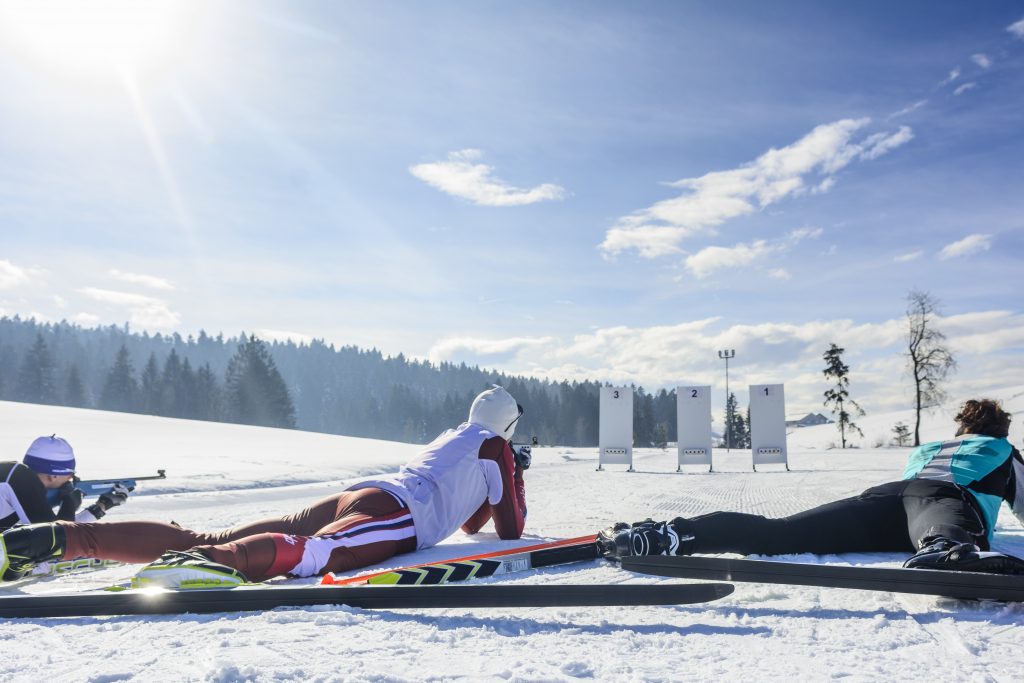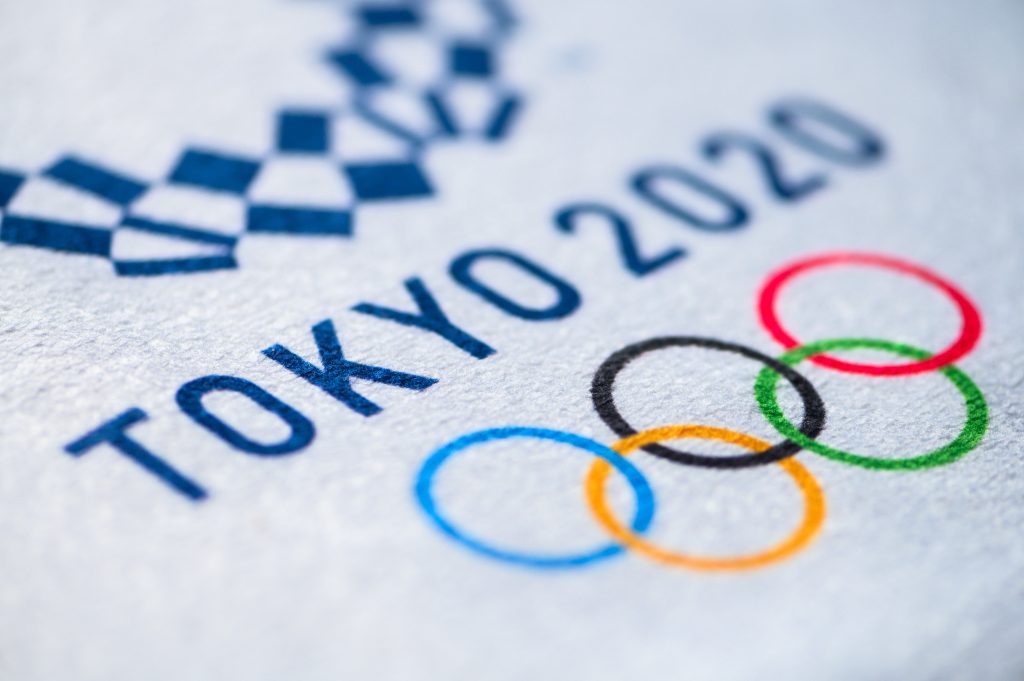Winter Games injury prevention
Did you know that 12% of athletes competing in the PyeongChang 2018 Winter Olympic Games experienced an injury? While injury rates have remained similar across the last 3 Winter Olympics, there is considerable variation in incidence rates across sports. Understanding sport-specific variations in illness or injury can help with prevention and planning of healthcare during…
Athlete nutrition and travel
For athletes competing in Beijing, meeting nutrition goals in a different food environment might be a challenge. Planning for eating en route, considering food culture at the destination, and establishing team rules around food hygiene can help teams and athletes ensure good nutrition, manage jet lag, and reduce the risk of illness during travel.
Bouncing back from jet lag
Canadian athletes travelling to Beijing will have to deal with a significant time change. Jet lag can negatively impact sleep schedules and performance. However, research shows that good sleep hygiene (for example, a comfortable pillow and earplugs) and controlled light exposure can improve athletes’ speed and power for up to 96 hours after travel.
COVID-19 and high performance
COVID-19 has significant health impacts, making it a concern for elite athletes. Encouragingly, a study from the United Kingdom shows that most national team athletes with COVID-19 only experienced mild illness. But it’s not the same for everyone. Athletes with symptoms in the lower respiratory tract, such as chest pain, were more likely to have…
High performance mindset
There are many things that go into a podium-level performance. Interestingly, World, Olympic, and Paralympic champions report that mental skills were more critical to their performance than physical factors. Interpersonal support, performance strategies, and lifestyle are other factors that can help develop high-performing athletes.
Bell Let’s Talk Day 2022
Today is Bell Let’s Talk Day, a day to raise awareness and combat stigma surrounding mental illness in Canada. According to the International Olympic Committee (IOC), as many as 35% of elite athletes experience mental health symptoms and disorders. Fortunately, conversations about mental health are becoming more normalized in high performance sport. Check out the…
The mental health strategy for high performance sport in Canada: What national sport organization leaders and staff should know

Highlights Brave testimonies by Canadian athletes such as Clara Hughes, Nadia Popov and Brittany MacLean as well as tragedies like the suicide of university basketball player Alex McLaughlin shed light on the fact that mental health challenges happen to athletes too. Athletes, coaches and support staff have unique needs, demands, pressures and expectations that they…
Lessons about mental health from the Olympics and Paralympics in Tokyo

Highlights For athletes, coaches, and others who worked tirelessly to make the Tokyo Olympic and Paralympic Games a success, the global COVID‑19 pandemic increased stress and added to the already pressure-packed environment. When USA Gymnastics legend Simone Biles put her mental health ahead of the competition, she elevated discussions around mental health to historic levels….
Winter 2022 SIRCuit
The Winter 2022 SIRCuit is now available! The SIRCuit is designed to highlight important research and insights to advance the Canadian sport system. With Bell Let’s Talk Day on the horizon, this edition of the SIRCuit takes a deep dive into the topic of mental health. Get up to speed on the new Mental Health…
Culture of excellence
In the journey to achieve excellence in sport, there’s a tendency to focus on performance-related factors such as medal counts and marginal gains. But those are only 2 pieces of the puzzle. Mental and physical health and well-being, physical safety, psychological safety and self-determination are key person-related factors that contribute to successful high-performing sport cultures.